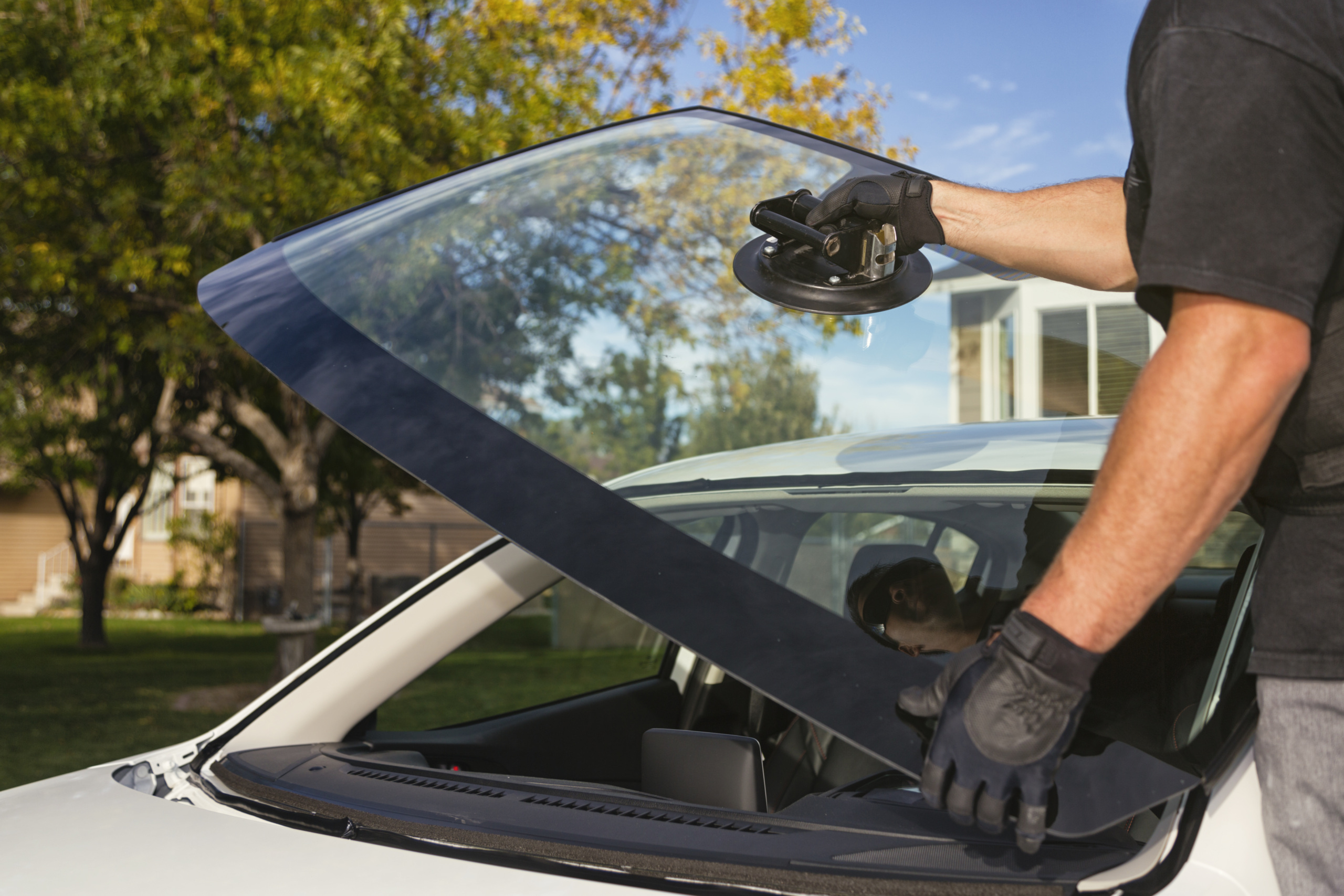
Call “time out” on highway boondoggles
The emergency caused by COVID-19 should not lead us to rush to complete the build-out of highway projects that were bad ideas in the first place – much less fuel a new round of wasteful highway construction under the guise of “stimulus.”
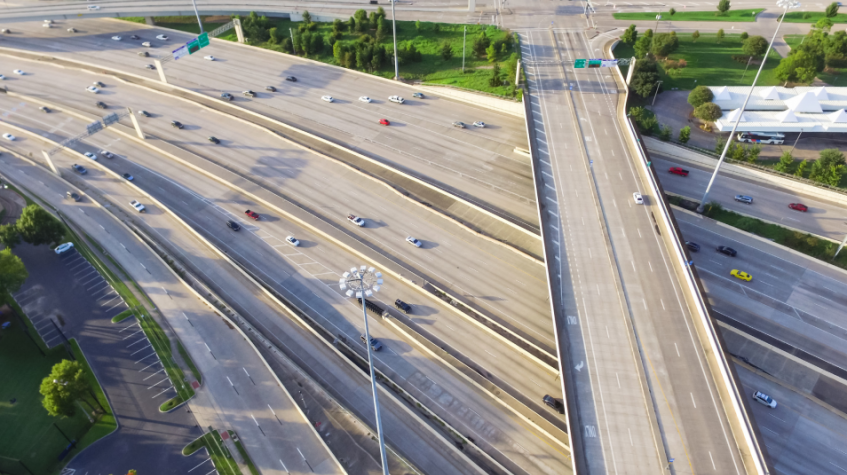
Sports seasons are suspended. Concerts and public gatherings are canceled. Millions of us are cooped up at home trying to stay healthy and stay sane.
But the work of teeing up the next generation of boondoggle highway projects doesn’t stop – not even for a global pandemic.
Two weeks ago, the Oregon Transportation Commission voted to move a proposed expansion of Interstate 5 through the heart of downtown Portland one step closer to construction. We criticized the then-$500 million (now somewhere north of $700 million) project in last year’s fifth edition of our annual Highway Boondoggles report, with my colleague Gideon Weissman writing that it would “constitute a step backward to the car-dependent policies of the past.”
Meanwhile, the highway lobby is using the opportunity presented by COVID-19 to attempt to lock in more spending on highway boondoggles, both now and in the future. The American Highway Users Alliance and American Association of State Highway and Transportation Officials (AASHTO) recently put out similar requests for emergency relief for state transportation agencies and the reauthorization of the main federal transportation law. AASHTO’s request called for $50 billion in funding to last through the end of fiscal 2021 and a doubling of spending over the next six years in reauthorization of the federal transportation law.
Given the recent steep drop in highway traffic, and associated lost gas tax revenues, some federal aid to state transportation agencies seems likely. But the emergency caused by COVID-19 should not lead us to rush to complete the build-out of highway projects that were bad ideas in the first place – much less fuel a new round of wasteful highway construction under the guise of “stimulus.”
Like other industries that were tottering even before COVID-19 hit (Exhibit A: fracking), the highway-industrial complex was highly vulnerable coming into 2020. Among those sources of vulnerability:
- States are drowning in highway debt. Our Highway Boondoggles 5 report found that the amount of highway debt held by states doubled between 2008 and 2015. As time goes by, an increasing share of gas tax and other revenue must be devoted to paying debt service on already completed projects, leaving money scarce for essential maintenance in the here and now.
- Revenues from gas taxes and other sources have been declining in terms of purchasing power for decades and have recently fallen off a cliff. State transportation agencies anticipate a 30 percent decline in fuel tax revenue in 2020, with effects lingering into 2021. In 2015, our report Who Pays for Roads? documented that gas tax and other so-called “user fee” revenues have been paying a declining share of the cost of road construction and maintenance for years, making a mockery of claims that “roads pay for themselves.”
- The decline in gas tax revenues has left local, state and federal governments increasingly willing to dip into general tax revenue to pay for highway projects. In 2014, for example, Texas voted to siphon off half the oil and gas revenue that would otherwise have gone into the state’s rainy day fund and instead use it to fund highway projects. With the oil industry collapsing and other critical budget needs, that decision looks especially short-sighted today. As tax revenues decline across the board and governments face unprecedented new needs, roads will have to compete with other more pressing priorities for limited funds.
- Public-private partnerships (PPPs) have been promoted as a way to enhance states’ ability to expand highway networks while protecting them against downside financial risk. That risk protection might turn out to be a good thing for states in the current crisis as highway traffic and toll revenues evaporate. But the experience of the last recession showed that when toll road PPPs wind up in financial trouble, local and state governments often swoop in and pick up the pieces. Moody’s decision to assign a “negative” outlook to toll road bonds due to reduced traffic from coronavirus doesn’t exactly inspire confidence. And don’t forget that many transportation PPPs are already backed by American taxpayers and may be eligible for current or future Federal Reserve bailouts.
In short, America’s transportation investment policies have been unsustainable for years – both environmentally and fiscally. Now is not the time to bail out a system that was already bankrupt in terms of its ability to support the nation’s most critical public policy aims. Instead, we need to put transportation policy on a solid foundation and then make the necessary investments to make a 21st century vision for transportation a reality.
In our 2019 report Blueprint for Tomorrow we laid out four principles that should apply to any major investment in infrastructure:
- Focus infrastructure investment on what matters.
- Fix it first.
- Don’t invest in infrastructure that will need to be abandoned before the end of its useful life.
- Get the most out of our existing infrastructure.
In transportation, these principles would lead us to focus on repairing our existing roads and streets, investing in public transportation, boosting our investment in walking and biking infrastructure that has proven to be a critical lifeline during the COVID-19 crisis and – importantly – eliminating spending on boondoggle projects that only create more environmental and maintenance burdens in the future.
We are far from alone in making this call for wholesale reform. Smart Growth America, for example, has proposed a series of guidelines for future federal stimulus that focus heavily on investments in our communities as opposed to massive highway projects of dubious value.
There will be plenty of work to do to rebuild America following the COVID-19 crisis. But it is important that we focus our effort on investments that move the nation toward a cleaner and healthier future rather than simply repeating the mistakes of the past in the name of “recovery.”
The global pandemic has forced us all to call “time out” on all sorts of things that are non-essential. The same principle should apply to activities that are not only not essential, but are actively harmful. Boondoggle highway projects fit the bill.
Photo credit: Credit: Trong Nguyen, Shutterstock
Topics
Authors
Tony Dutzik
Associate Director and Senior Policy Analyst, Frontier Group
Tony Dutzik is associate director and senior policy analyst with Frontier Group. His research and ideas on climate, energy and transportation policy have helped shape public policy debates across the U.S., and have earned coverage in media outlets from the New York Times to National Public Radio. A former journalist, Tony lives and works in Boston.
Find Out More
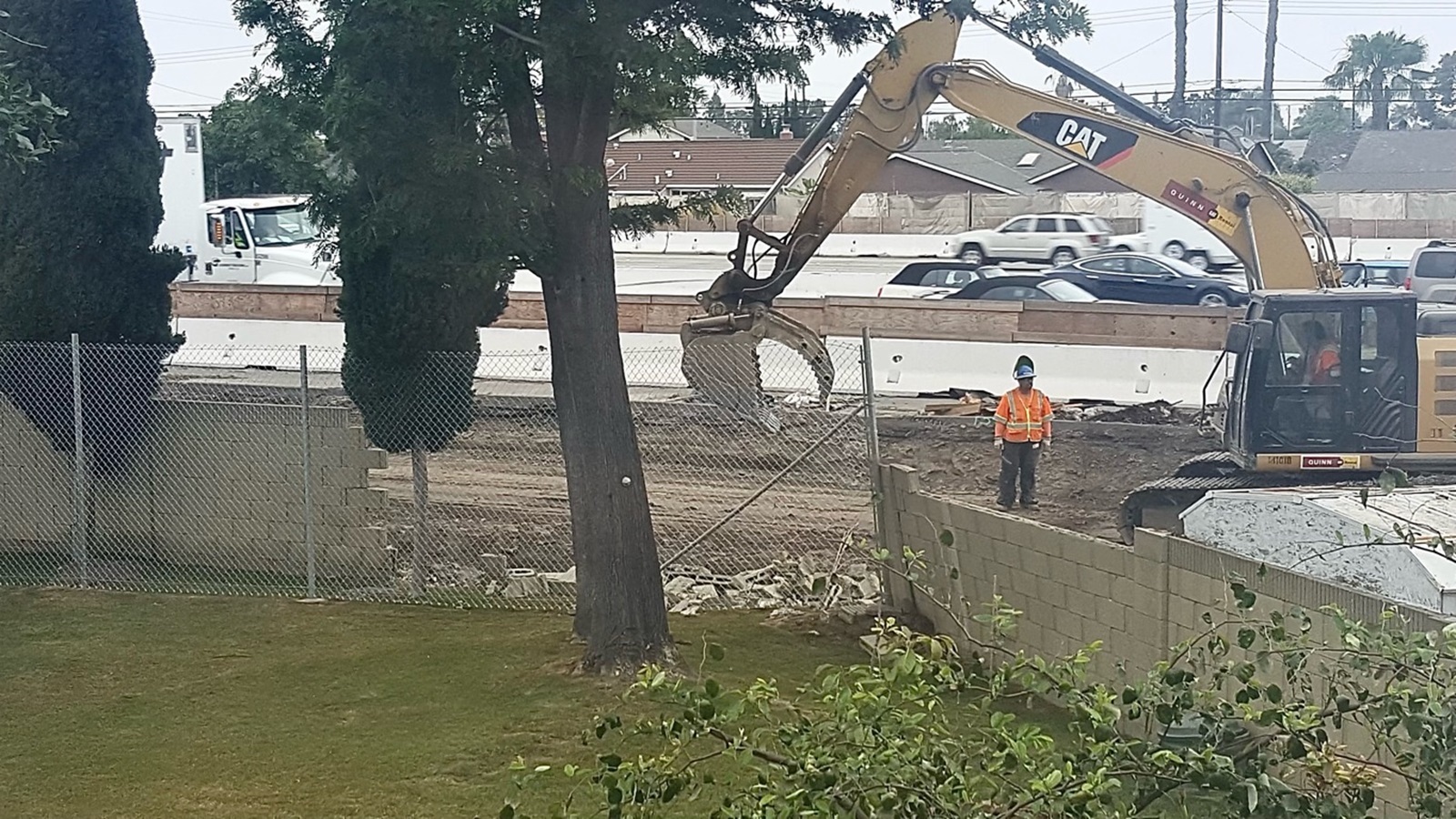
Wider highways don’t solve congestion. So why are we still knocking down homes to build them?
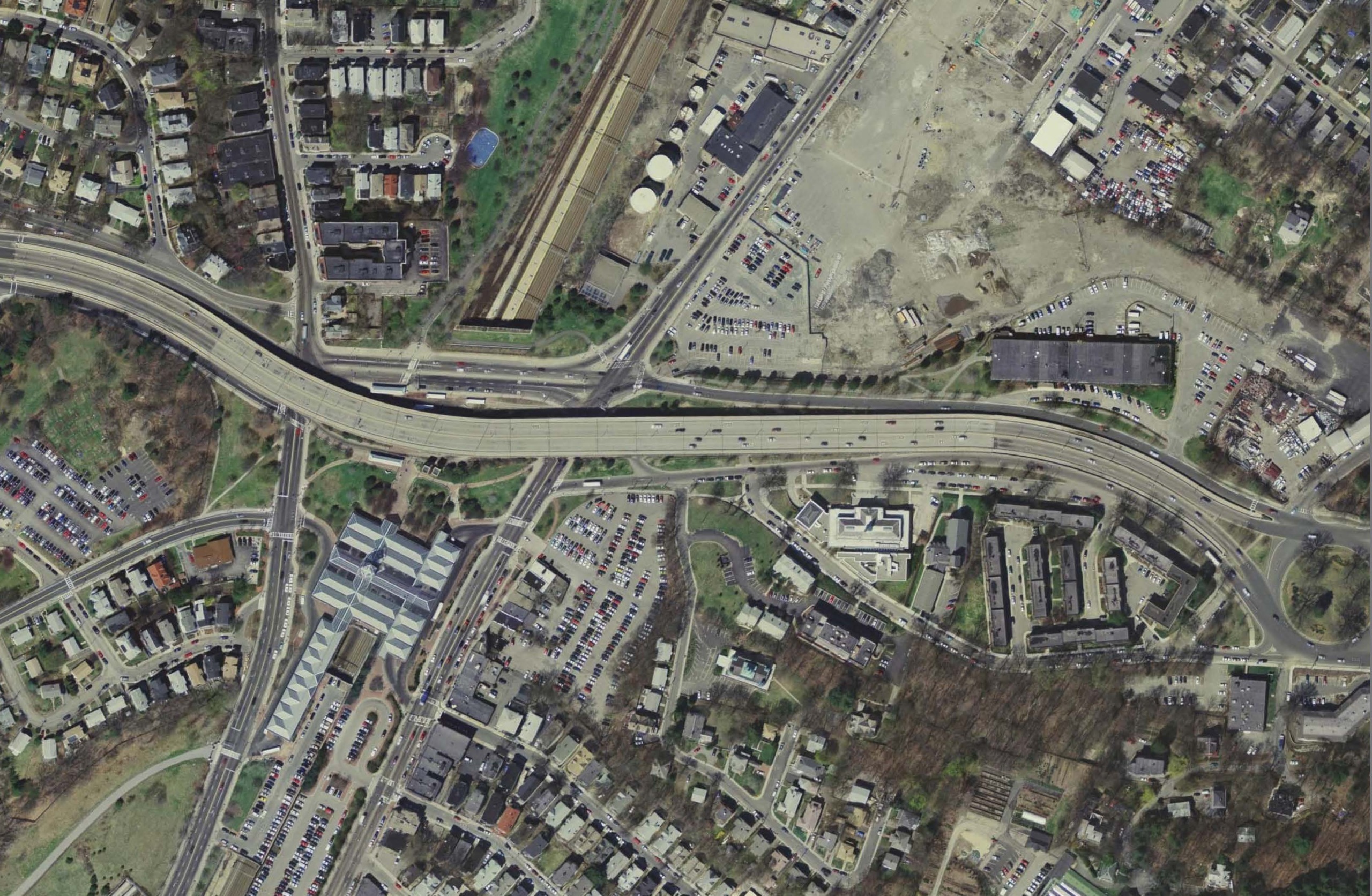
Four ways to look at a project (or policy, or almost anything)
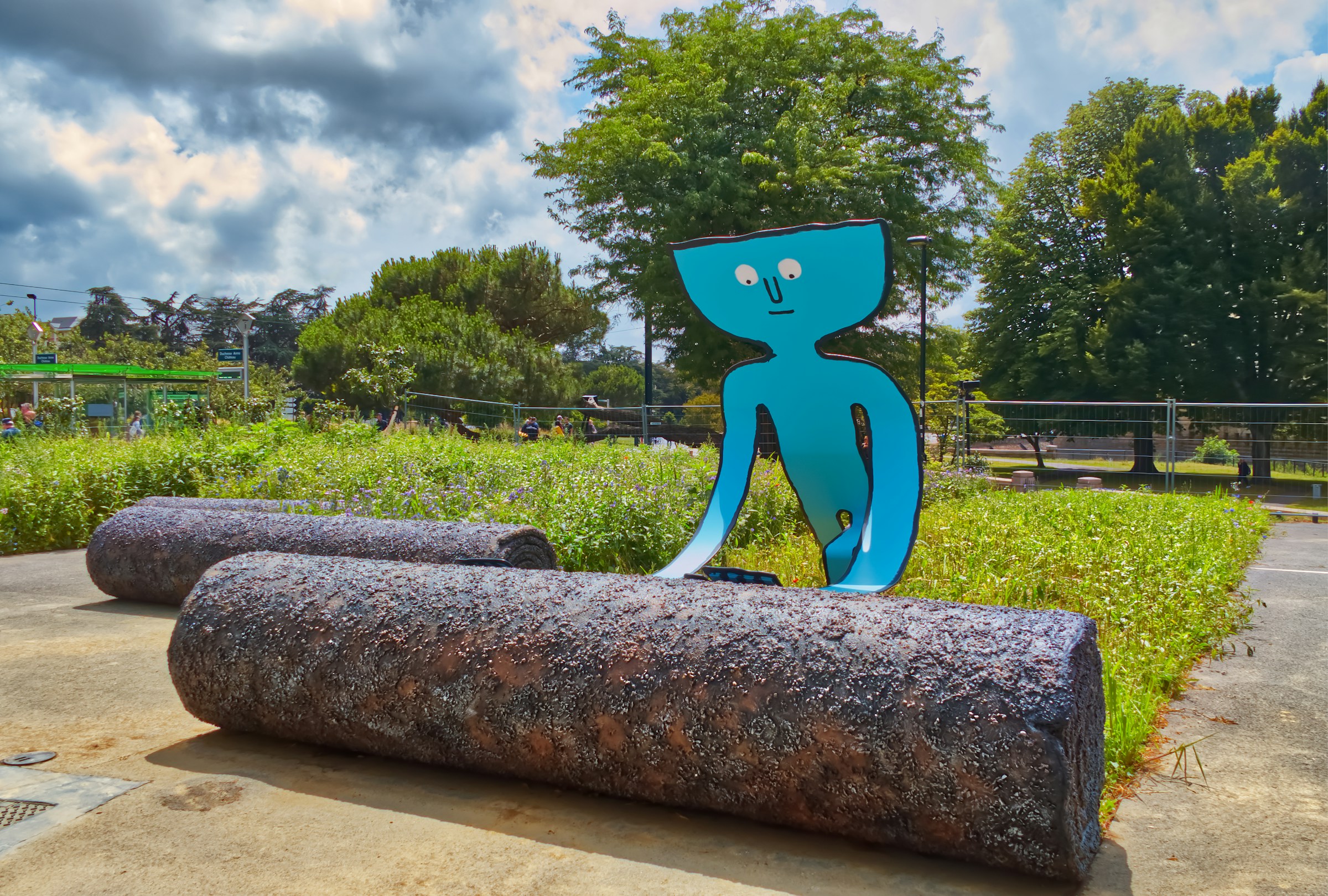
From gray to green: How (and why) to depave
